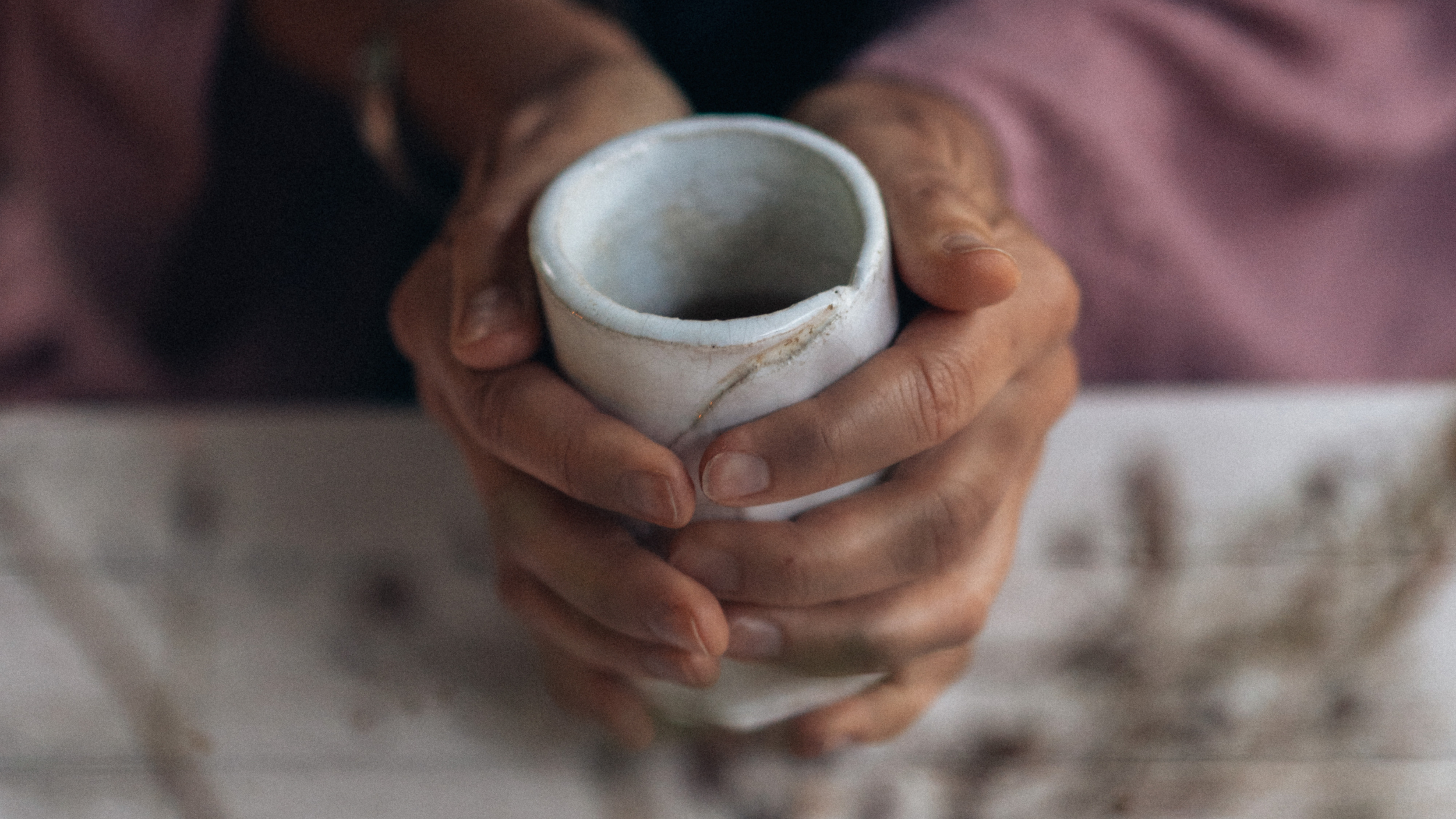SAD and the Seasons
Learning from Indigenous Perspectives on Change
Seasonal Affective Disorder (SAD) is a type of depression that's related to changes in seasons, typically occurring during the fall and winter months. SAD is characterized by symptoms such as low energy, mood changes, and sleep problems. Western medical perspectives attribute SAD to reduced sunlight exposure, which can disrupt circadian rhythms and decrease serotonin levels. Common treatments include light therapy, medication, and psychotherapy. While Western medicine offers various treatments for SAD, exploring diverse cultural perspectives on seasonal changes can provide valuable insights into managing this condition.
Indigenous cultures, with their deep connection to nature and seasonal cycles, offer a unique and holistic approach to understanding and adapting to seasonal shifts.
Indigenous Perspectives on Seasonal Changes
Indigenous cultures view humans as an integral part of nature, recognizing the profound connection between seasonal cycles and human well-being. Traditional ecological knowledge encompasses a deep understanding of how to live amid changing environmental conditions. Seasonal calendars, for example, reflect millennia of observations and adaptations to natural cycles.
Indigenous perspectives emphasize the importance of adapting to seasonal changes rather than resisting them. This holistic approach considers not only physical health but also spiritual and emotional well-being in relation to seasonal shifts.
Fall and Winter in Indigenous Traditions
In many Indigenous cultures, fall and winter hold profound significance, often viewed as seasons of reflection, storytelling, and spiritual preparation.
These seasons are marked by traditional activities and practices that foster community bonds and spiritual growth.
A Journey Through 13 Moons by Mi’kmaq artist Loretta Gould
FALL
Fall is typically seen as a time of harvest and preparation. Many Indigenous communities engage in gathering and preserving food for the winter months ahead. An example of this includes harvesting traditional foods like wapato, hazelnuts, salmon, and cranberries by the Sk'Emtsin (Neskonlith Indian Band of the Shuswap) in British Columbia.
It’s important to note that many Indigenous cultures traditionally use lunar calendars rather than the Western Gregorian calendar. These lunar calendars are often closely tied to natural cycles and seasonal changes, providing a different perspective on the passage of time. For example, some groups may recognize 13 lunar months in a year, each with its own significance and associated activities.
WINTER
Winter, particularly around the winter solstice, is a time for storytelling, ceremony, and reflection within oneself. Many Indigenous groups celebrate the winter solstice with community gatherings, feasts, and the sharing of traditional foods harvested throughout the year.
Winter is also a time for specific cultural activities. For instance, some Indigenous communities, such as the Dene, engage in winter-specific games and sports such as hand games, which serve both as entertainment and as a way to strengthen community bonds. Additionally, winter is often considered the prime season for storytelling, as the long nights provide ample opportunity for Elders to pass down traditional knowledge and oral histories. Round dances are also important ceremonial and social gatherings, originally held for memorial purposes to remember and honour late loved ones.
Bridging Indigenous Wisdom and SAD Management
Indigenous wisdom offers valuable lessons for coping with seasonal changes that can complement modern SAD treatments.
Emphasizing connection to nature and community support aligns with recent research on the benefits of nature exposure and social connections for mental health. Integrating traditional practices with modern treatments may provide a more holistic approach to managing SAD.
Practical Tips
THROUGH THE LENS OF INDIGENOUS WISDOM:
Embrace seasonal changes through rituals and community activities that celebrate the unique qualities of each season.
Incorporate traditional foods and herbs associated with fall and winter to support physical and emotional well-being.
Engage in storytelling and knowledge-sharing activities to foster community connections during darker months.
Practice mindful observation of natural cycles to deepen your connection with the environment.
Practice mindful rest by embracing the winter season as a time for rest and inner reflection. Take inspiration from the Anishinaabe word for winter biboon, which emphasizes the importance of stopping and recharging.
Addressing SAD can benefit from a diverse range of perspectives, including the rich traditions of Indigenous cultures. By combining Western treatments with traditional wisdom, individuals may find more comprehensive ways to manage seasonal mood changes.
Ultimately, fostering a deeper connection with nature and community year-round can contribute to overall well-being, regardless of the season.
Psychotherapy can support individuals struggling with seasonal affective disorder (SAD) by providing a safe, non-judgemental space for sharing one’s experiences, lingering feelings and current struggles. Working through the difficult emotions associated with SAD can help give meaning to these seasonal changes, build back confidence and connection with oneself, identify one's needs, and learn how to ask for support.
We have a team of therapists skilled in specific interventions for SAD and mood disorders, available to support individuals seeking guidance and a safe space to address their seasonal struggles. These professionals can help develop coping strategies tailored to your unique situation and lifestyle.
Please feel free to reach out to us by booking a FREE meet and greet session on cherrytree.janeapp.com or by emailing admin@cherrytreecounselling.ca.
We offer a community of care.
Whether you're facing a current challenge, a past pain, or are simply feeling stuck in this phase of your life, we can help you to live the life you want with intention, mindfulness and balance.
We offer free 15 minute consultations.
Connect with us and let’s talk about how we can help you.
SOURCES:
CBC News - “Fall an important time for traditional First Nations foods, educator says”
Centennial College - “Thirteen Grandmother Moons”
Indigenous Climate Hub “Learning to Embrace the Cycle of Seasonal Changes”
The National Centre for Collaboration in Indigenous Education - Dene Hand Games
University of Alberta, New Trail - “How to Take Part in a Round Dance”
University of Toronto Library - “Speaking truth to power: Indigenous storytelling as an act of living resistance”
World Wildlife Fund Canada - “Learn the five seasons of the Ojibwe calendar”




